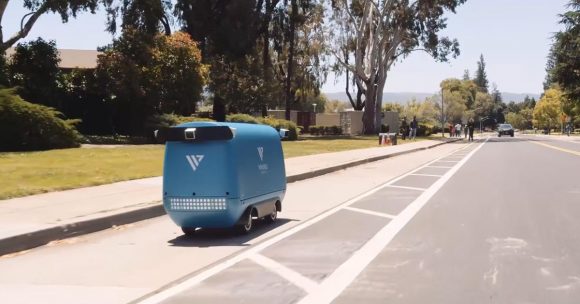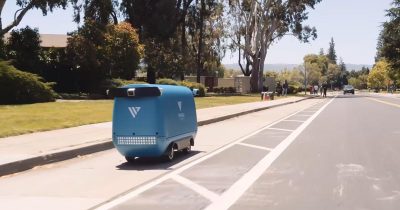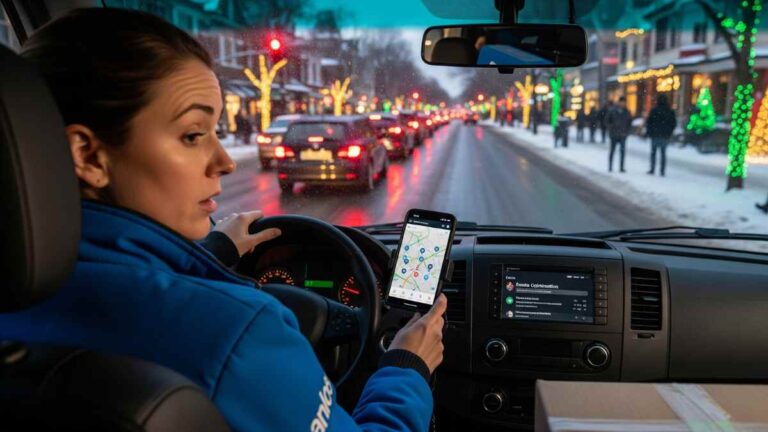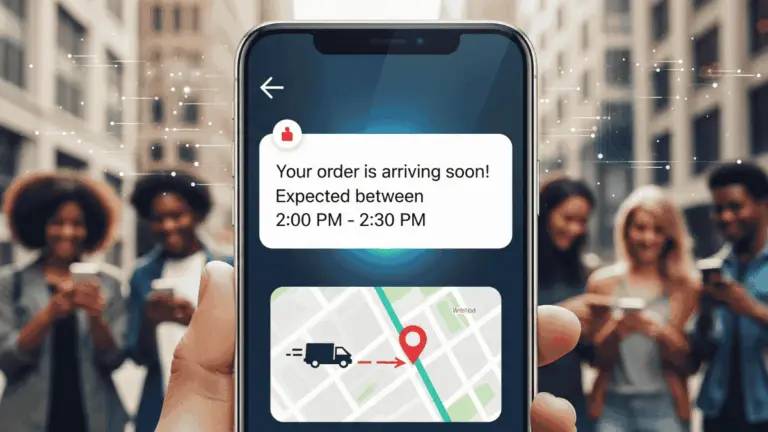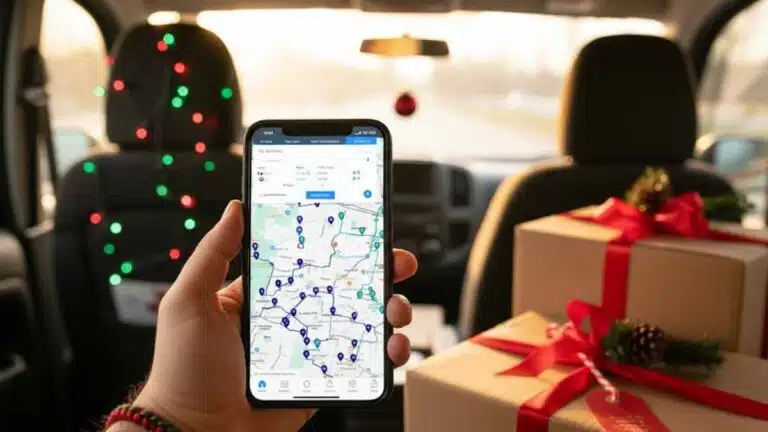Delivery by robot has just kicked up a gear. Vayu Robotics has introduced the world’s first delivery robot for on-road use.
Vayu’s Delivery Robot can drive itself without needing to pre-map roads. It can navigate inside stores, on city streets, and deliver packages to driveways or porches, carrying up to 100 lbs at speeds under 20 mph.
Delivery robots
Using robots to speed up deliveries is gaining momentum. In countries like Japan, you can now order Uber Eats and have your food craving delivered by a robot.
Vayu Robotics CEO, Anand Gopalan says the unique set of technologies the company has developed has allowed it to solve problems that have plagued delivery robots over the past decade.
The company’s delivery robots are already being used in real-world situations. It recently signed a big deal with a major e-commerce company to deploy 2,500 robots for ultra-fast deliveries, with more customers lined up.
They are also collaborating with a top global robotics manufacturer to replace lidar sensors with Vayu’s technology for other robots.
“Our software is robot form factor agnostic and we have already deployed it across several wheeled form factors.In the near future, Vayu’s software technology will enable the movement of quadrupedal and bipedal robots, allowing us to expand into those markets as well,” says Gopalan.
Who is Vayu Robotics?
Vayu Robotics is a team of experienced engineers, technologists, and business leaders who have spent decades developing and commercializing advanced automotive sensing, autonomous vehicle, and robotics technology.
The US-based company has previously raised $12.7 million to overcome the hardware and software challenges slowing e-commerce growth.
In April, Vayu Robotics was named by CB Insights in its eighth-annual AI 100. This list showcases 100 most promising private AI companies of 2024.
Autonomous robot market
Precedence Research reports the market is growing as a result of factors including the increased demand for smart devices in automobiles and the increasing use of advanced driver assistance technologies.
The report adds that the e-commerce sector’s growth over the last few years is what is primarily driving up autonomous mobile robot demand in the logistics sector.
“For instance, Walmart’s online sales increased by 300% during the beginning of the epidemic. Walmart expanded several of its stores with Market Fulfillment Centres, a sort of small warehouse, in order to handle the increase in online orders. In these centers, mobile robots are used to acquire goods and prepare them for pickup,” reads the report.
Photo Credit: Vayu Robotics
About the author
Sharl is a qualified journalist. He has over 10 years’ experience in the media industry, including positions as an editor of a magazine and Business Editor of a daily newspaper. Sharl also has experience in logistics specifically operations, where he worked with global food aid organisations distributing food into Africa. Sharl enjoys writing business stories and human interest pieces.

